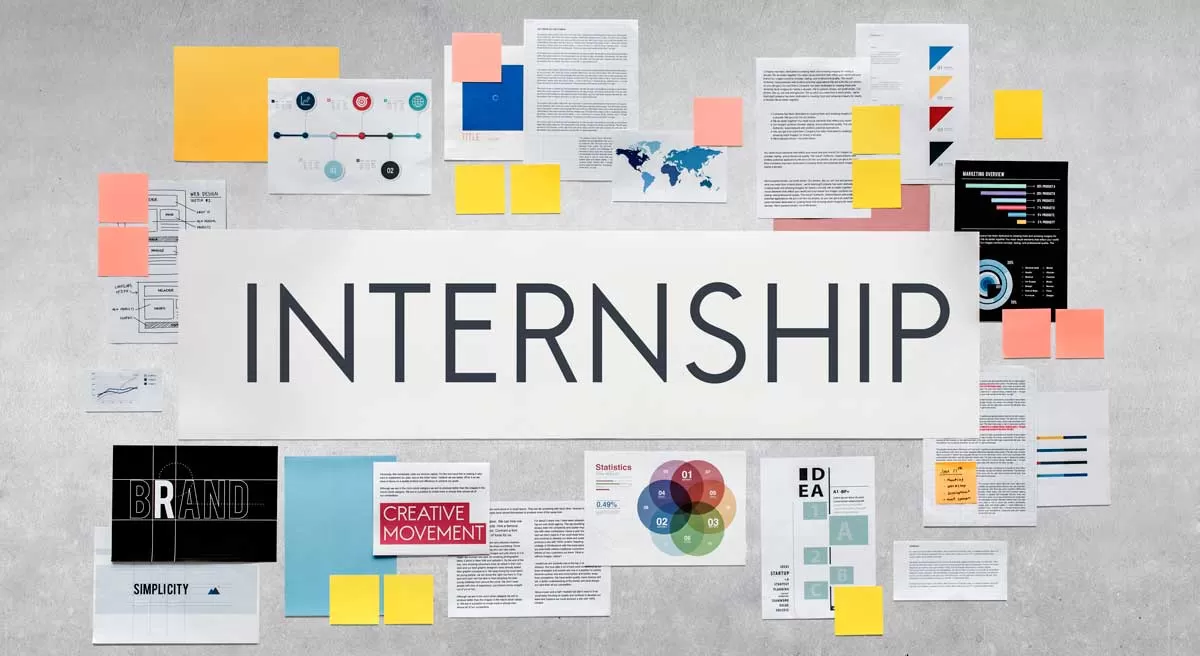

PM Internship Scheme Opens Round 2 Applications
The Prime Minister Internship Scheme (PMIS) has launched Round 2 of its pilot phase, offering over one lakh internships across 730 districts. After receiving more than six lakh applications in Round 1, this phase provides fresh opportunities in key sectors such as oil and gas, banking, FMCG, automotive, and manufacturing.More than 300 top companies are participating, allowing candidates to gain real-world experience, build networks, and enhance employability. Applicants can select internships based on location, sector, and preferences, with the option to apply for up to three roles. The scheme..

From Earth’s Depths to Your Space: The Sedimento Experience
What if you could witness Earth’s story etched in every layer—a tale of transformation through time, well the SEDIMENTO collection by SOMANY Ceramics is a poetic tribute to this elemental narrative. Inspired by sedimentary bedrock, it evokes nature’s ever-changing forces, sculpted by wind, water, and time. Each glance and touch immerses you in the serene beauty of natural sedimentation.This is not just another tile collection. SEDIMENTO seamlessly blends durability with subtle textual elegance, making it ideal for demanding and long-lasting use. Its tactile textures embody quiet resilien..

Growing Relevance of Development Management Models
The Development Management Model (DMM) is emerging as a key driver of India's real estate sector in 2025. This collaborative approach enhances efficiency, transparency, and risk mitigation in project development, making it an attractive model for both developers and landowners. While DMM has been successfully adopted in countries like Australia and the United Kingdom, its potential in India is only beginning to be realized. It offers a structured way for developers and landowners to mitigate risks while ensuring timely and high-quality project execution.For smaller developers, DMM provides acc..














